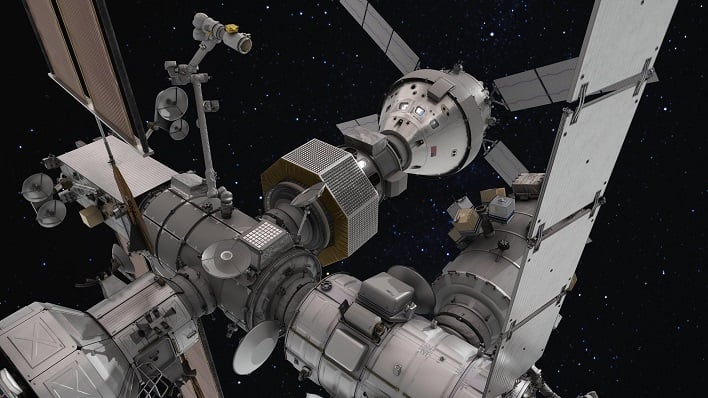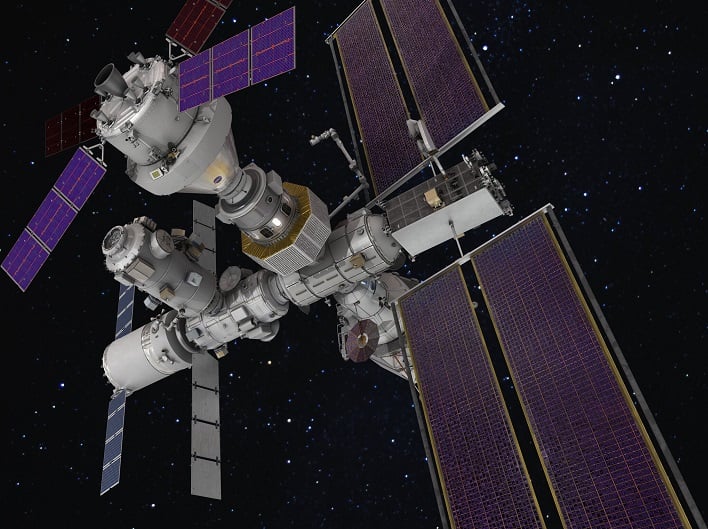NASA Is Tapping AI To Make Talking Spaceships Like In 2001: A Space Odyssey
The thought of a spaceship having a personality of its own may bring to mind HAL 9000, a computer with a human personality that controlled most of the operations of the ship Discovery in the 1968 film, 2001: A Space Odyssey, or even Cortana from the Halo video game franchise. Up until now, that imagery of AI being used in space was simply a conjuring of writers of science fiction. It is now becoming more of a reality with the advancements in the field of artificial intelligence in the last year, and NASA is writing its own reality with the technology.

Dr. Suzuki made the comment while speaking at a meeting at the Institute of Electrical and Electronics Engineers (IEEE) in London last week, according to a report by The Guardian. During her speech, she "outlined an interplanetary communications network with inbuilt AI to detect, and possibly fix, glitches and inefficiencies as they occur."
"It then alerts mission operators that there is a likelihood that package transmissions from space vehicle X will be lost or will fail delivery," Dr. Suzuki explained. "We cannot send an engineer up in space whenever a space vehicle goes offline or its software breaks."
Gateway will be humanity's first space station in lunar orbit and will support NASA's deep space exploration plans. In a bit of irony perhaps, the area where astronauts will live while on the space station is called Habitation and Logistics Outpost, also referred to as HALO.

Along with the AI assistant, Dr. Suzuki is also working on how to deploy machine learning in space. She says that being able to do so could allow a fleet of robotic rovers to share knowledge. This would allow the rovers to continue learning without needing to send extremely large amounts of data back to Earth.
"The spacecraft do collaborative updates based on what's seen by other spacecraft," Suzuki remarked. "It's a technique to do distributed learning - to learn in a collaborative way without ... bringing all that data to the ground."
The Gateway Program is currently based at NASA's Johnson Space Center in Houston, Texas. It is focused on providing extensive capabilities to support NASA's Artemis campaign, which will support sustained exploration and research in deep space that will eventually include docking ports for a variety of spacecraft, space for the crew to live and work, and onboard science investigations. Now, it seems, that the space-based habitat will also include an AI intelligence that once only existed in the imagination of science fiction writers and its fans.


